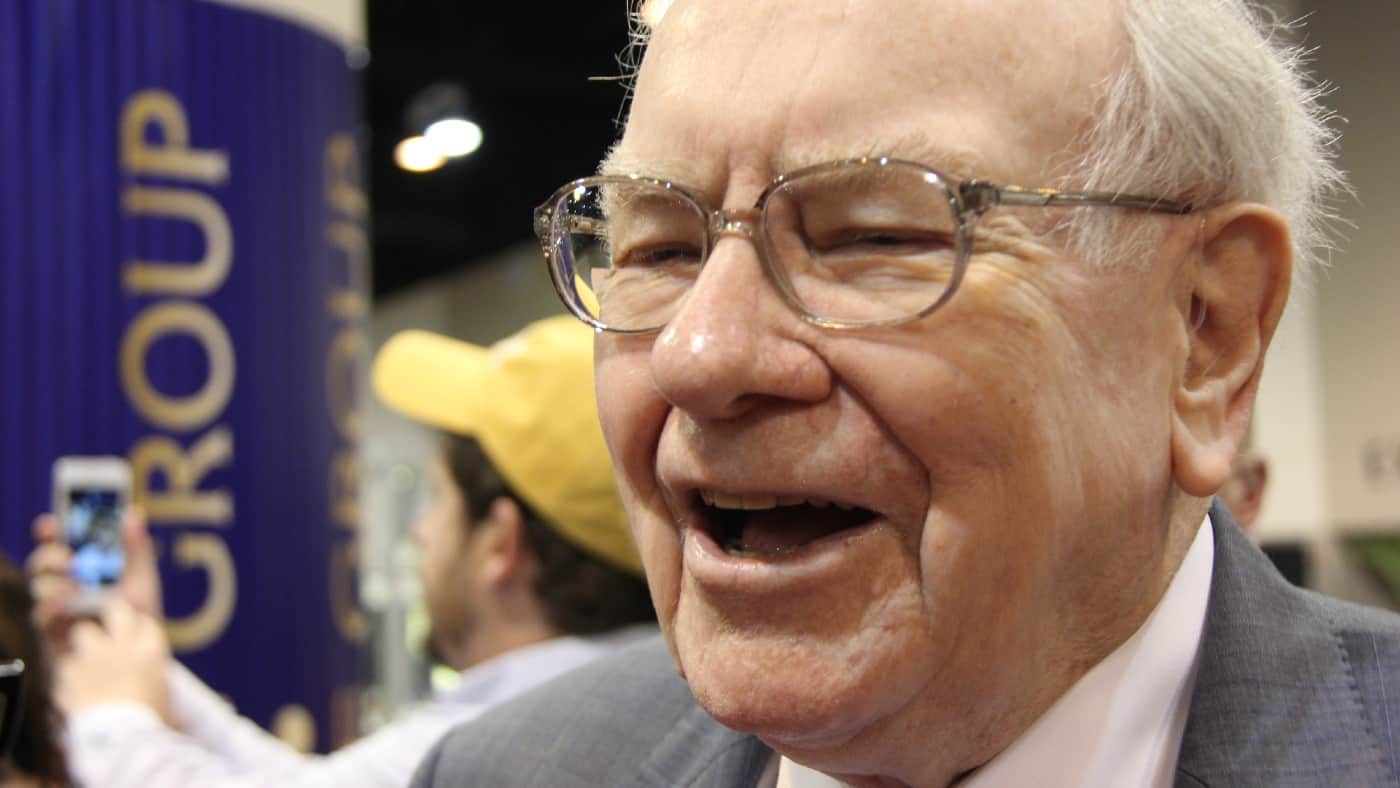In an economy where interest rates are in mid-single digits, owning a share yielding 3% could be less rewarding than putting the money in a bank account. Owning a share also carries a risk of capital loss that most bank accounts do not. Yet billionaire investor Warren Buffett is an enthusiastic owner of such a share.
Why would he do that rather than sell the share and put the money in a bank account?
Understanding Buffett’s possible logic here helps explain a lot about his approach to investing.
Iconic business
The company in question is Coca-Cola (NYSE: KO). A yield of 3% is not excitingly high, in my opinion, but it is also higher than a lot of other well-known US shares offer. On top of that, the company is a Dividend Aristocrat that has raised its shareholder payout annually for six decades.
Over the past year, the shares have fallen 3%. But they still trade on a price-to-earnings (P/E) ratio of 26, which I regard as expensive. Buffett does not have a strict rule on P/E ratios but it has been rare for him to pay more than 15. On that basis, Coca-Cola shares look expensive.
Long-term approach
The valuation of Coca-Cola shares today may look pricy. But Buffett stopped building his stake decades ago. So from a buying perspective, today’s valuation does not matter to him.
What about selling? After all, an expensive valuation from a purchaser’s perspective could offer an attractive opportunity as a seller.
Despite the price moving downwards in the past year, Coca-Cola shares are 33% higher than they were five years ago.
Buffett paid $1.3bn for those shares in the 1980s and 1990s. Now they are worth over $24bn. By selling, he could cash in. He would then have $24bn he could invest in cheap shares of other companies.
But Buffett is a believer in long-term investing. He is not a trader but an investor. Coca-Cola ticks many boxes of how he assesses a company. It has a large potential market and unique, competitive advantages in that market.
So far, the value of his stake has increased dramatically. The characteristics that make it a great business could mean the shares increase substantially in coming decades too, even if today’s valuation is too high for my tastes.
Cash gusher
The prospective yield would only be 3% if I buy today.
But remember, Buffett bought long ago. So the yield he earns on his stake is different. Last year, his firm Berkshire Hathaway received $704m in dividends from its Coca-Cola shareholding. Based on the purchase price, that is a dividend yield of around 54%!
Buying a great company with a business that enables it to grow its dividend annually, then holding it for decades as Buffett has done, can mean a huge yield down the line.








